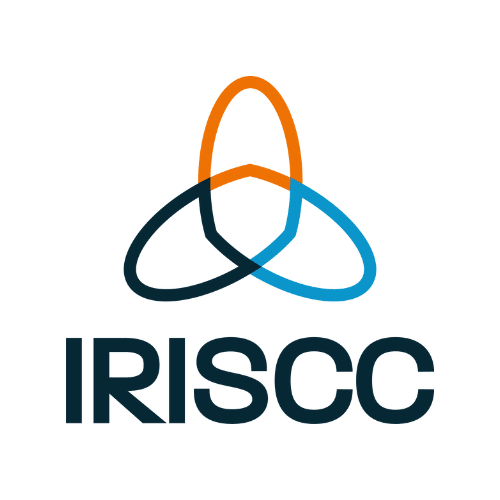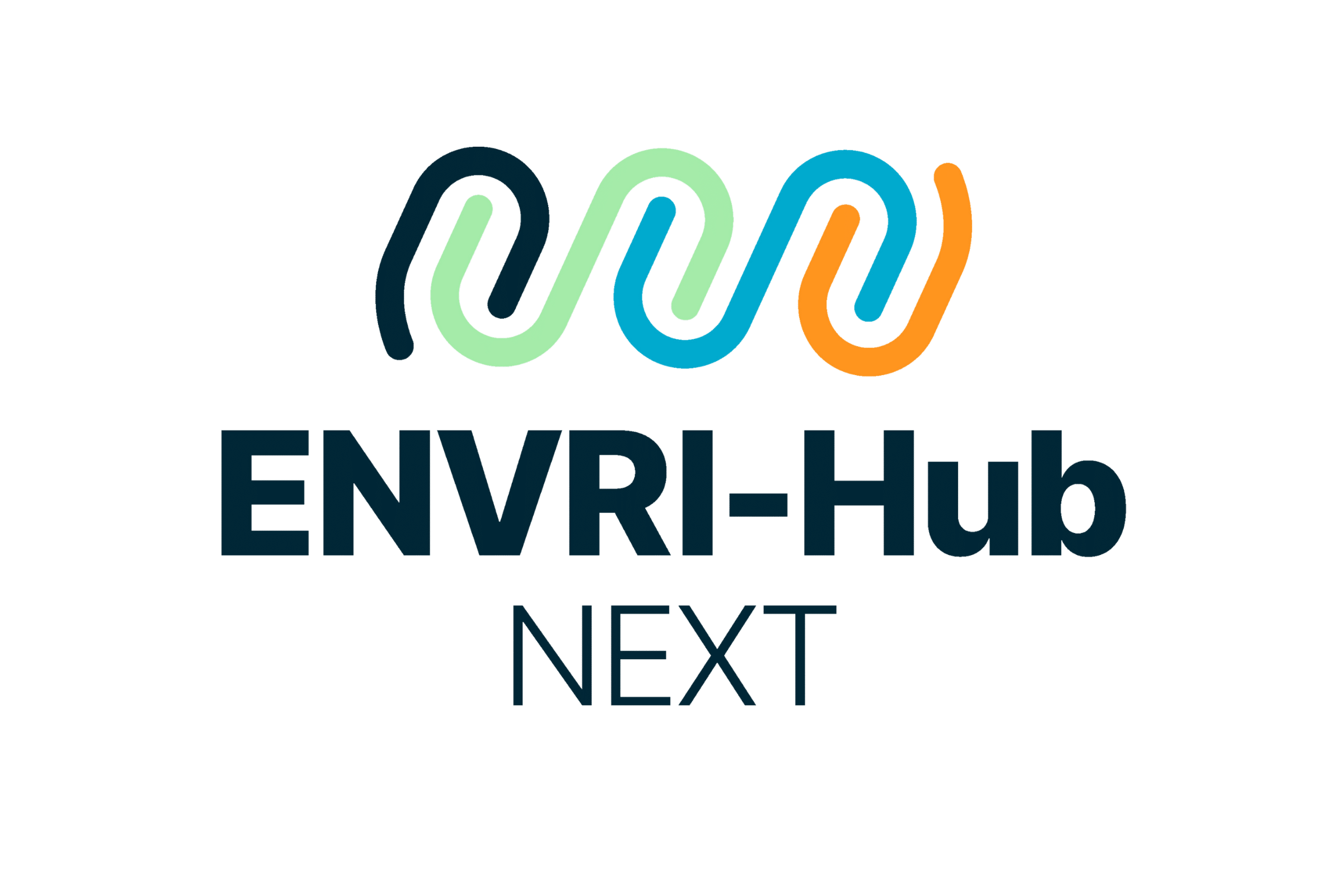
Our sessions at EGU26
The EGI Foundation is delighted to announce its participation in the European Geosciences Union (EGU) General Assembly 2026, which will take place in Vienna from 3 to 8 May 2026.
The EGU General Assembly 2026 brings together geoscientists from all over the world to one meeting covering all disciplines of the Earth, planetary, and space sciences. The EGU aims to provide a forum where scientists, especially early-career researchers, can present their work and discuss their ideas with experts in all fields of geoscience.
The EGI Foundation will host booth #05 at the EGU26 Exhibition and will support the ENVRI Community booth #27 via ENVRI-Hub NEXT and IRISCC.
Our sessions
Convener: Massimiliano Assante | Co-conveners: Christian Pagé, Magdalena Brus (EGI Foundation), Lesley Wyborn, Chris Atherton, Jacco Konijn, Eugenio Trumpy
Scientific discovery today increasingly depends on the availability of digital services and infrastructures that span the entire research workflow. While sensors, simulations, and lab experiments produce massive data, many tools for analysis remain fragmented in stand-alone systems, often hindering collaboration and a comprehensive understanding of complex Earth systems.
To address this, e-Infrastructures and Virtual Research Environments (VREs) are revolutionising how research is conducted. By providing a cohesive ecosystem, these platforms allow researchers from diverse disciplines to manage the research lifecycle: from data acquisition and processing to modeling and dissemination in the spirit of Open Science. This integration enables the research community to transition from isolated tools to interoperable systems like Digital Twins.
This session aims to highlight how interoperable e-Infrastructure services can be used to build VREs and Virtual Labs to provide end-to-end support, strengthening research capacity through collaboration between service providers and scientists. We bring together case studies and new approaches from all domains of the Earth sciences, focusing on both technological implementations and scientific applications.
Contributions in this session will:
- Demonstrate practical examples of how digital services, VREs, and e-infrastructures enhance research workflows in Earth and environmental sciences.
- Present innovative approaches to integrating tools across domains and providers, including outcomes from collaborative projects, virtual laboratories, and digital twins.
- Highlight technical implementations, including research software applications, semantic approaches, modeling practices, and the management of large-scale data.
- Share lessons learned from user-driven design, community engagement, training and support strategies.
- Address challenges of interoperability and sustainability in distributed digital services, highlighting pathways to foster collaboration across infrastructures and research domains.
By bringing together service providers, research infrastructures, and end-users, this session will provide a unique overview of the digital landscape and its impact on science. It will foster dialogue on how different infrastructures can collaborate more effectively to provide integrated, sustainable solutions, embedding Open Science principles across the research lifecycle, and advance both science and society.vantage of integrated, sustainable digital solutions to advance both science and society.
Convener: Anca Hienola | Co-conveners: Tomohiro Oda, Theresia Bilola, Federico Drago (EGI Foundation), Matti Heikkurinen, Gregor Feig, Anca Anghelea
The paradigm of Essential Variables (EVs) - ECVs, EOVs, EBVs - provides a data-driven foundation for global environmental monitoring (GCOS, GEO, UN SDGs). Yet, their full potential is hampered by interoperability gaps, fragmented governance, and siloed infrastructures, limiting integrated use and translation into local action.
Conversely, local demand for actionable information is growing. Earth Observation data, often as Analysis-Ready Data (ARD), must be transformed into locally relevant, co-created Action-Ready Information (ARI) for climate solutions. This requires integrating global EVs with local data and knowledge.
This session bridges these fronts. We explore technical, infrastructural, and socio-technical advancements to evolve EVs into a truly interoperable, global common language and ensure their effective translation for local decision-making. We welcome contributions on:
- Interoperability Foundations: Semantic frameworks (iADOPT, SOSA/SSN), FAIR principles, and lessons from research infrastructures (ENVRI, CRDCs) aligning EVs across domains and global programmes.
- From ARD to ARI: Case studies on transforming EV-based products into local insights via co-creation, integrating satellite data with in-situ, citizen science, and indigenous knowledge.
- Cross-Scale Infrastructure: Architectures and platforms (e.g., digital twins) enabling seamless data flow from global systems to local applications.
- Policy & Capacity: How interoperable EVs strengthen global policy (IPCC, SDGs) and how local insights inform action, including funding, capacity building, and governance models.
We invite scientists, data engineers, social scientists, and policymakers to connect the "essential" with the "actionable", forging a coherent path from global observation to local solution.
Related content

Integrated Research Infrastructures Bridging the Gap between Climate Risks and Action

ENVRI-Hub NEXT consolidates and advances the robust conceptual and technical structure established by the ENVRI-Hub

The EGI Foundation proudly contributed to the EGU General Assembly 2025, held in Vienna from


